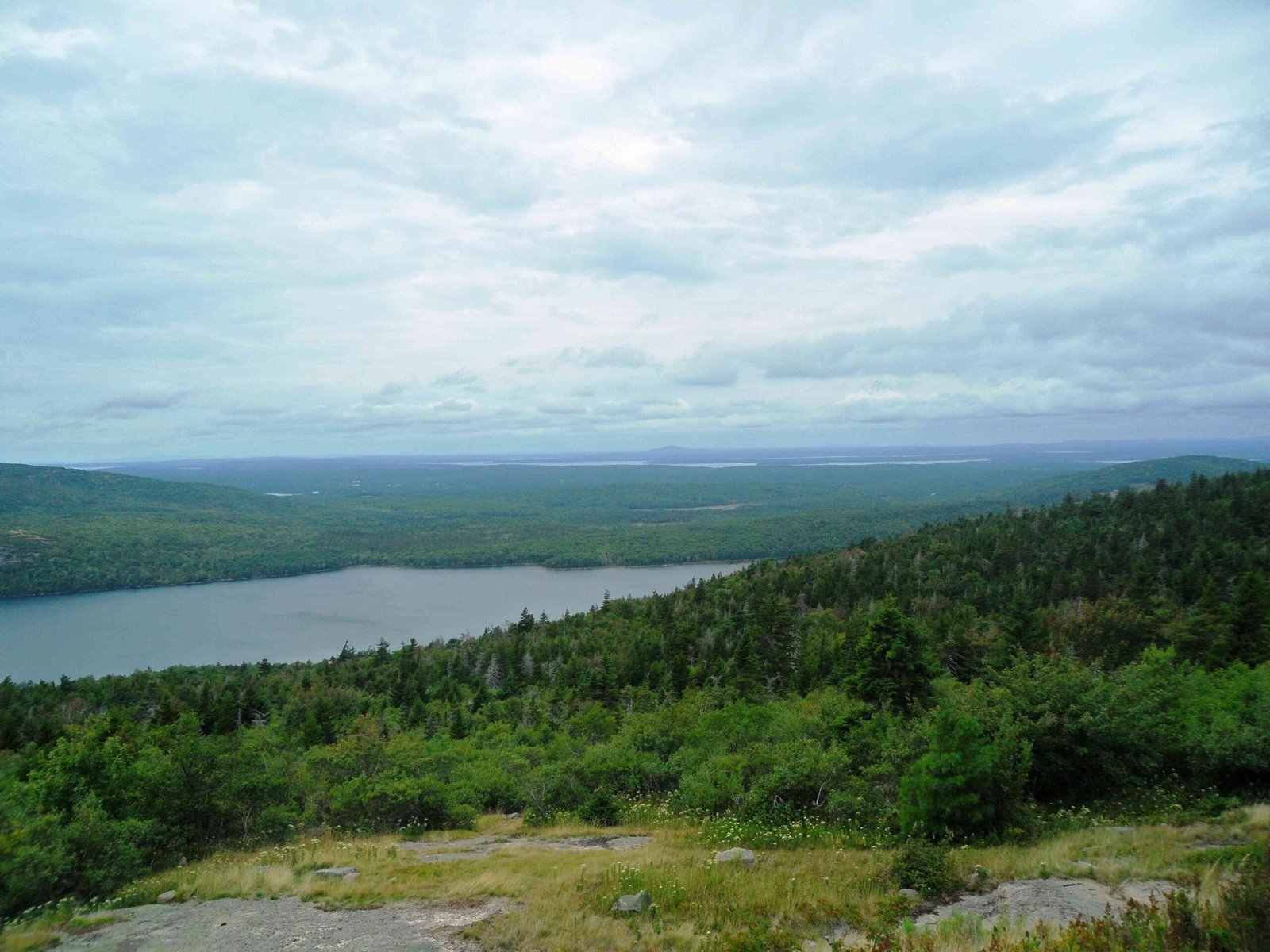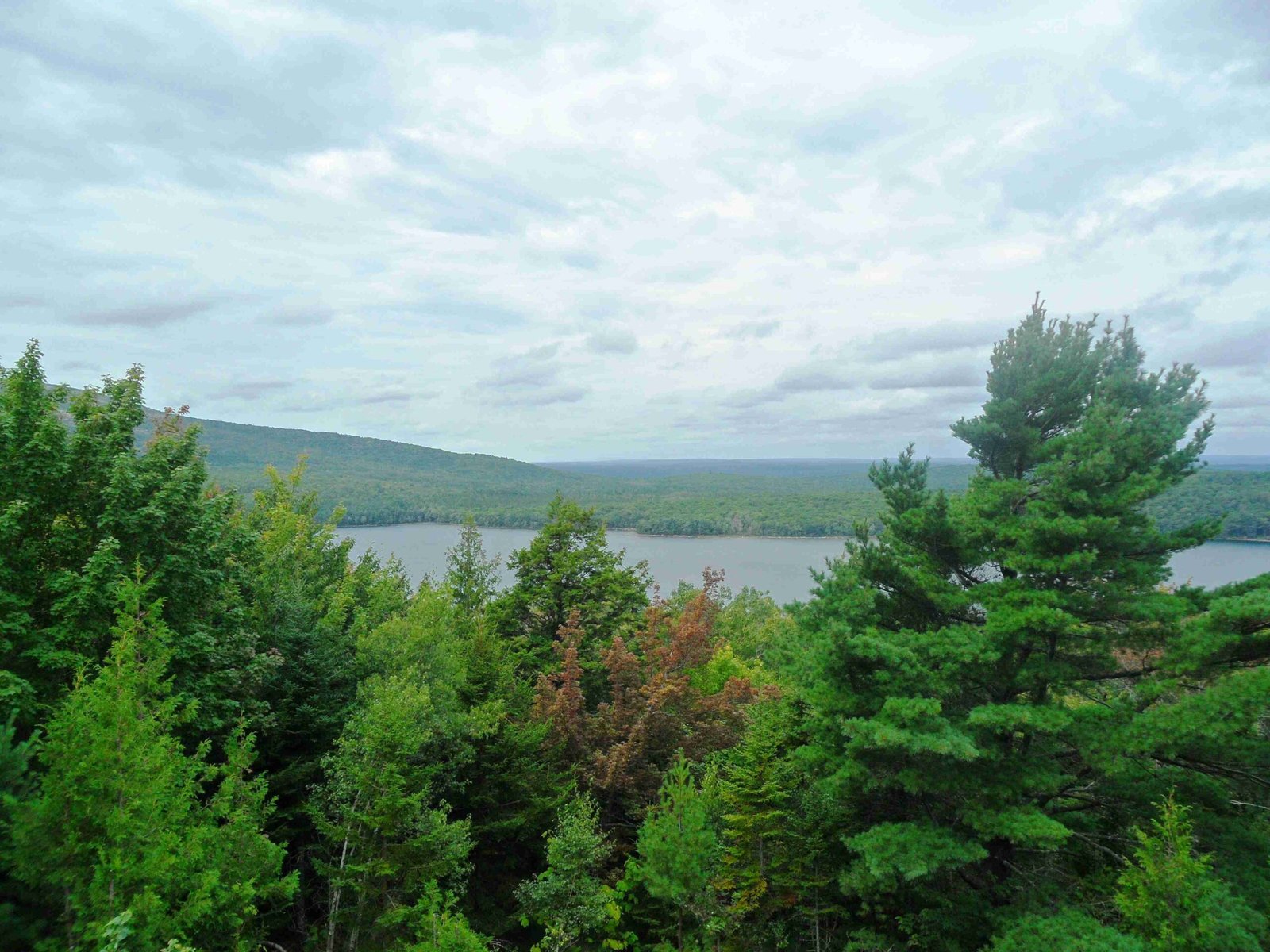The Goat Trail in Acadia National Park is a moderately challenging to strenuous hiking route that offers breathtaking views of the surrounding landscape. Located on Norumbega Mountain, this trail features steep ascents, rocky terrain, and panoramic vistas of Bald Peak, Sargent Mountain, and Lower Hadlock Pond. With an elevation gain of approximately 600 feet over just half a mile, the Goat Trail provides hikers with a thrilling adventure and rewarding scenery.
What Makes the Goat Trail Unique?

The Goat Trail stands out among Acadia National Park’s numerous hiking options due to its distinctive features:
- Steep ascent up Norumbega Mountain’s east face
- Challenging rock faces and potential icy patches
- Panoramic views of surrounding peaks and ponds
- Diverse terrain, including forested sections and exposed rock faces
This combination of elements creates a hiking experience that is both physically demanding and visually rewarding.
What is the Difficulty Level of the Goat Trail?

The Goat Trail is classified as moderate to challenging, making it suitable for experienced hikers or those in good physical condition. Here’s a breakdown of the trail’s key characteristics:
- Difficulty: Moderate to challenging
- Elevation Gain: Approximately 600 feet
- Trail Length: 3 miles (loop hike via Goat Trail and Norumbega Mountain Trail)
- Terrain: Steep rock faces, potentially icy sections, and forested areas
Hikers should be prepared for a strenuous climb and exercise caution, especially during wet or icy conditions.
What Views Can Hikers Expect from the Goat Trail?
The Goat Trail offers a variety of scenic vistas throughout the hike:
- Northeast Views: As you ascend, look back for views of Bald Peak and Sargent Mountain.
- Summit Views: While somewhat obscured by vegetation, the summit provides glimpses of the surrounding landscape.
- Lower Hadlock Pond: The trail descends to the pond’s shores, offering serene water views.
- Forest Scenery: Dense groves of young pines and lush forest sections provide picturesque natural settings.
For the best views, hikers should look behind them during the ascent and explore just beyond the summit in either direction.
What Essential Tips Should Hikers Know Before Tackling the Goat Trail?
To ensure a safe and enjoyable hike on the Goat Trail, consider the following tips:
- Gear Recommendations:
- Sturdy hiking boots or shoes with good traction
- Layered clothing for changing weather conditions
- Trekking poles for stability on steep sections
-
Plenty of water and snacks
-
Best Hiking Seasons:
- Spring through fall are ideal
-
Avoid winter due to icy and treacherous conditions
-
Safety Precautions:
- Inform someone of your hiking plans
- Be cautious on steep rock faces and watch for icy patches
-
Carry a map and compass or GPS device
-
Common Hazards:
- Steep terrain
- Potential for icy conditions in cooler months
- Obscured views that may challenge navigation
By following these tips, hikers can maximize their safety and enjoyment on the Goat Trail.
Where is the Trailhead Located and What Facilities are Available?
Finding the Goat Trail trailhead and understanding available facilities is crucial for planning your hike:
Trailhead Location:
– Off Route 3, approximately 2.3 miles south of the junction of Route 198 and Route 233 (Eagle Lake Road)
– About 1 mile north of the intersection with Gatehouse Road
Parking:
– Small lot accommodating around 12 cars
– No specific parking fees mentioned
Nearby Facilities:
– Limited amenities at the trailhead
– Proximity to Upper and Lower Hadlock Ponds (no swimming allowed)
– Intersections with other Acadia National Park trails
It’s advisable to come prepared with all necessary supplies, as there are no immediate facilities at the trailhead.
How Long Does it Take to Hike the Goat Trail?
The time required to complete the Goat Trail hike can vary based on several factors:
- Hiker Experience: Experienced hikers may complete the trail faster than beginners.
- Physical Fitness: The steep terrain can be challenging, affecting hiking speed.
- Weather Conditions: Wet or icy conditions may slow progress.
- Photo Stops: The scenic views often encourage frequent stops for photography.
On average, hikers should plan for:
– 2-3 hours for the entire loop (including the Norumbega Mountain Trail)
– Additional time for rest stops and enjoying the views
It’s always better to allow extra time to ensure a safe and enjoyable experience.
What Wildlife Might Hikers Encounter on the Goat Trail?
While hiking the Goat Trail, you may encounter various wildlife species native to Acadia National Park:
- Birds:
- Peregrine falcons
- Bald eagles
-
Various songbirds
-
Mammals:
- White-tailed deer
- Red squirrels
-
Occasionally, black bears (though rare)
-
Reptiles and Amphibians:
- Eastern garter snakes
- American toads
Remember to observe wildlife from a safe distance and never feed or approach animals in their natural habitat.
How Does the Goat Trail Compare to Other Acadia National Park Hikes?
The Goat Trail offers a unique hiking experience compared to other trails in Acadia National Park:
| Trail Aspect | Goat Trail | Other Popular Trails |
|---|---|---|
| Difficulty | Moderate to Challenging | Varies from Easy to Strenuous |
| Length | 3 miles (loop) | Range from 1-10+ miles |
| Views | Partially obscured summit views, pond views | Often more open summit views |
| Terrain | Steep rock faces, forested sections | Mix of rocky paths, carriage roads, and mountain trails |
| Popularity | Less crowded | Some trails can be very busy in peak season |
The Goat Trail provides a more rugged and less crowded experience compared to some of the park’s more popular hikes, making it an excellent choice for those seeking a challenge and a bit of solitude.
What Should Hikers Pack for the Goat Trail Adventure?
To ensure a safe and comfortable hike on the Goat Trail, pack the following essentials:
- Footwear:
-
Sturdy hiking boots or shoes with good traction
-
Clothing:
- Moisture-wicking base layer
- Insulating mid-layer (fleece or wool)
- Waterproof/windproof outer layer
-
Hat and gloves (depending on season)
-
Navigation:
- Trail map
-
Compass or GPS device
-
Safety:
- First aid kit
- Whistle
-
Headlamp or flashlight
-
Nutrition and Hydration:
- At least 2 liters of water per person
-
High-energy snacks (trail mix, energy bars, fruit)
-
Other Essentials:
- Sunscreen
- Insect repellent
- Camera for capturing views
By packing these items, hikers can be prepared for the challenges and rewards of the Goat Trail.
The Goat Trail in Acadia National Park offers a challenging and rewarding hiking experience for those seeking adventure and stunning views. With proper preparation and respect for the trail’s difficulty, hikers can enjoy a memorable journey through one of Acadia’s most unique landscapes.
References:
1. Maine by Foot – Norumbega Mountain, Acadia National Park
2. Joe’s Guide to Acadia – Norumbega Mountain (via Goat Trail)
3. AllTrails – Norumbega Mountain via Goat Trail

